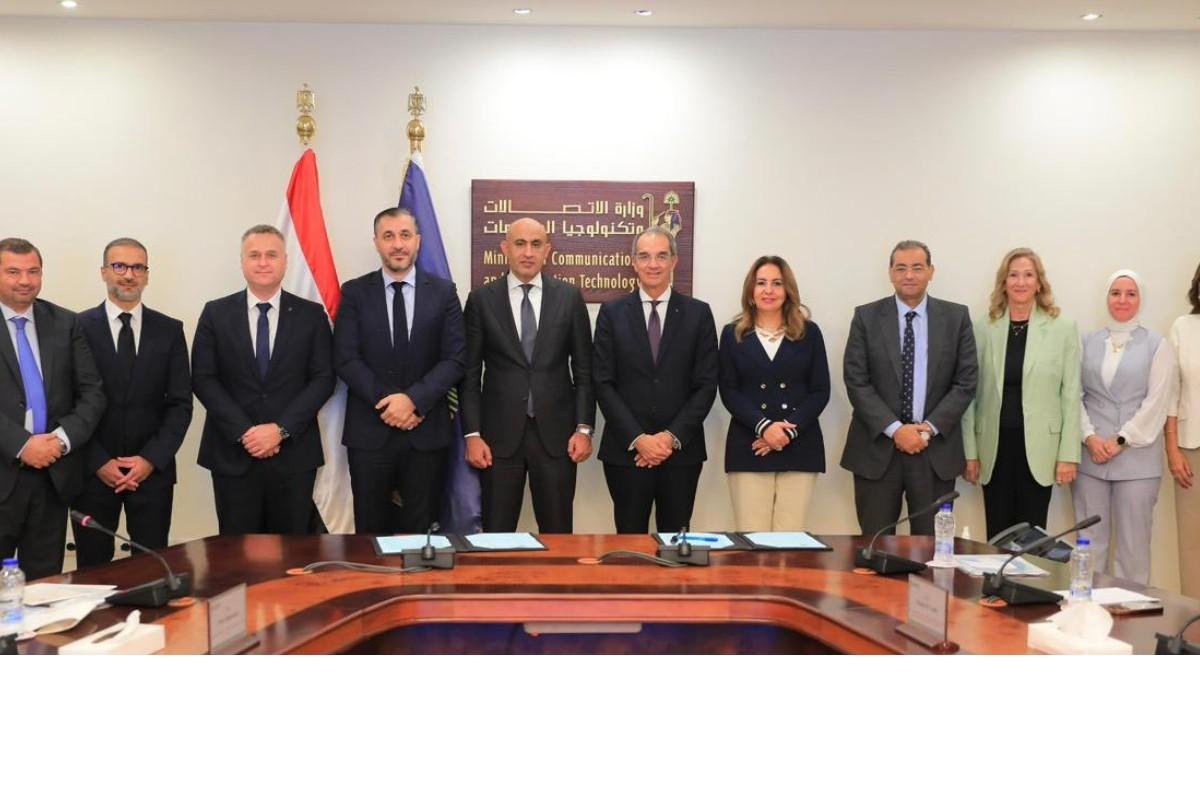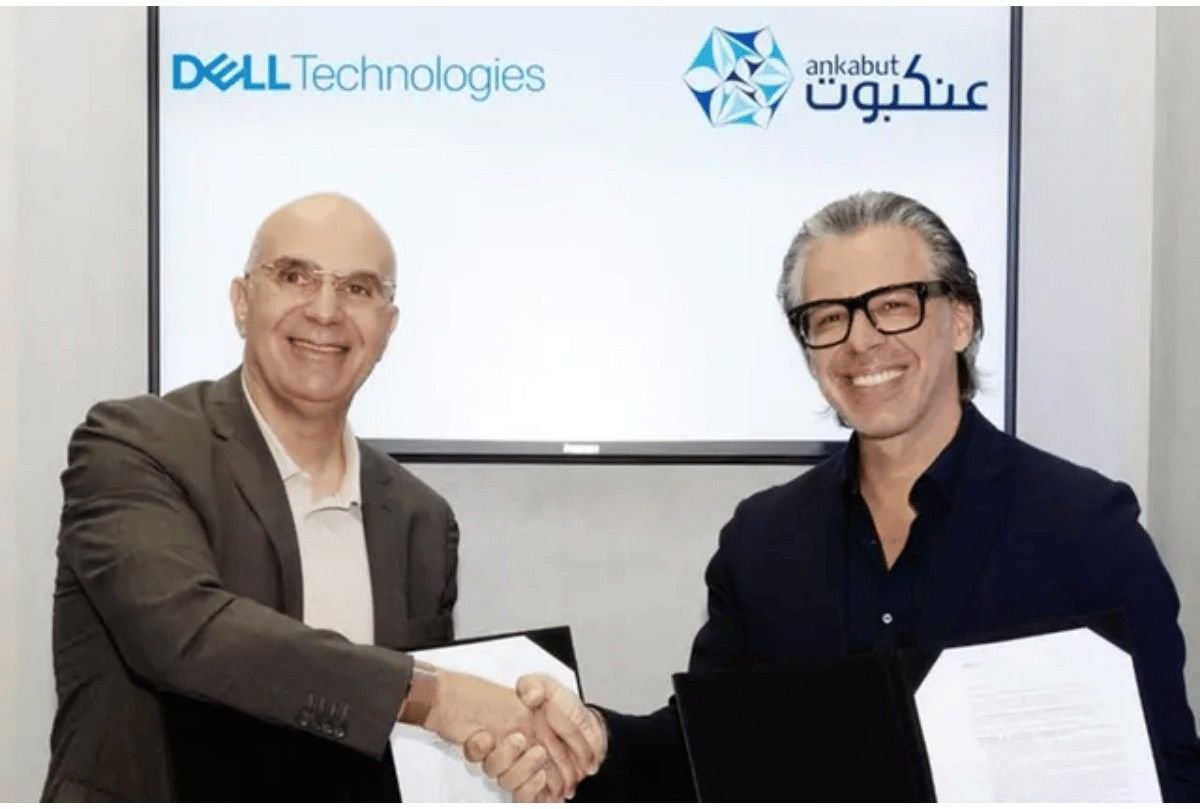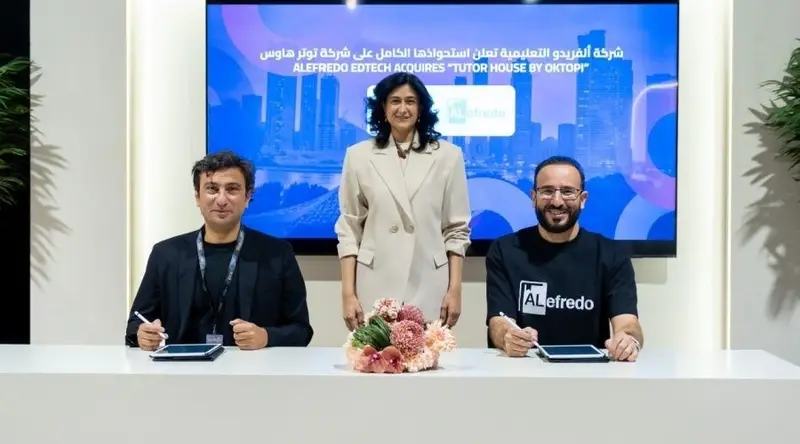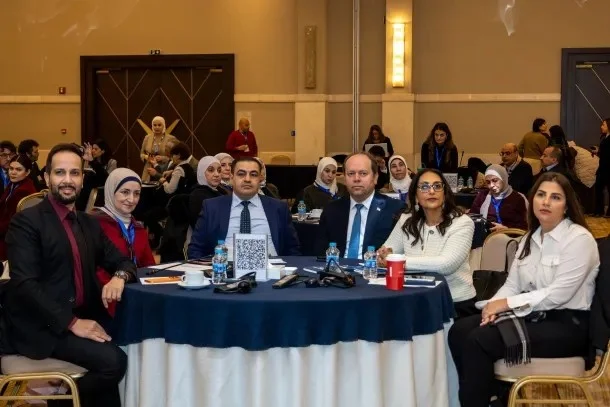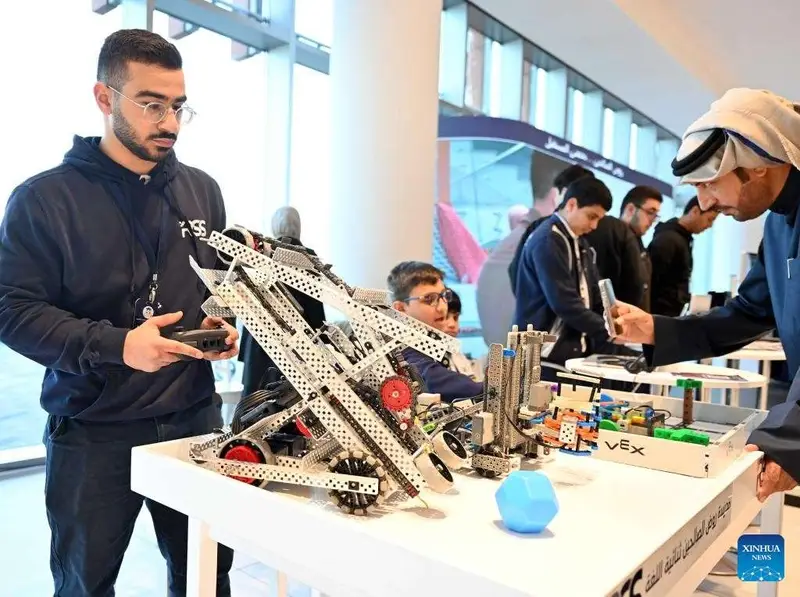CAIRO – Egypt has taken a major step in advancing digital learning with the signing of a Memorandum of Understanding (MoU) between the Ministry of Communications and Information Technology (MCIT) and HP Egypt LLC to implement the HP Innovation and Digital Education Academy (HP IDEA) across WE Applied Technology Schools in all governorates.
The agreement was signed in the presence of Dr. Amr Talaat, Minister of Communications and Information Technology, and Mr. Mohamed Abdel-Latif, Minister of Education and Technical Education. The MoU was formalized by Eng. Ghada Labib, Deputy Minister for Institutional Development at MCIT, and Mr. Petro Oganesian, General Manager of HP Inc. for the Middle East and East Africa. The signing was also attended by Eng. Tamer El-Mahdy, CEO of Telecom Egypt, and Dr. Hoda Baraka, Advisor to the MCIT Minister for Technology Skills Development.
A Two-Year Partnership for Education Transformation
Under the two-year MoU, teachers and school leaders from WE Applied Technology Schools will receive specialized training in digital education and innovation through the HP IDEA program. The initiative will equip educators with modern teaching tools and global methodologies rooted in design thinking and learning for understanding. Participants will earn international certification as HP IDEA Fellows or Associates, signaling global competency in digital education innovation.
The program will also include quarterly review meetings among MCIT, HP, and Telecom Egypt to evaluate progress and produce detailed impact reports, ensuring measurable outcomes and continuous improvement.
Government Vision for Tech-Driven Learning
Minister Amr Talaat emphasized that this initiative aligns with Egypt’s Digital Transformation Strategy, reinforcing public-private collaboration to improve the quality of education and prepare students for the digital future.
He noted that WE Applied Technology Schools have expanded from one pilot to 27 institutions nationwide, with plans for further expansion next year, particularly in high-density governorates. “These schools are becoming national models for integrating AI, design thinking, and innovation into education,” he said.
Education Reform and Future-Ready Skills
Minister Mohamed Abdel-Latif praised the partnership as part of Egypt’s broader education reform agenda, aimed at aligning curricula with future labor market needs. He revealed that the ministry is rolling out hybrid learning models that blend in-person and online instruction, and that AI and programming courses have already been introduced for secondary students through Japan’s Cireo platform.
“Programming is the foundation for understanding artificial intelligence,” he stated. “It is essential that our students learn the language of the future to be prepared for the jobs of tomorrow.”
HP’s Global Commitment to Education Innovation
HP’s General Manager Petro Oganesian expressed pride in supporting Egypt’s educational transformation. He explained that HP IDEA, launched five years ago, is part of HP’s mission to empower 150 million people worldwide by 2030 through digital education. The program is based on frameworks developed by Harvard University and aligns with UN Sustainable Development Goal 4 (Quality Education) and OECD learning objectives. It also incorporates ethical AI principles in accordance with UNESCO guidelines.
A Model for Public-Private Partnership
This collaboration underscores Egypt’s growing role as a regional leader in digital education. By uniting HP’s global expertise with Egypt’s national priorities, the initiative bridges the gap between academic learning and industry needs, fostering a generation of digitally skilled, innovation-driven youth.
WE Applied Technology Schools, operated by Telecom Egypt in partnership with MCIT and the Ministry of Education, represent Egypt’s first ICT-focused smart schools—a model designed to blend classroom education with real-world technical experience and empower students to thrive in a digital economy.











